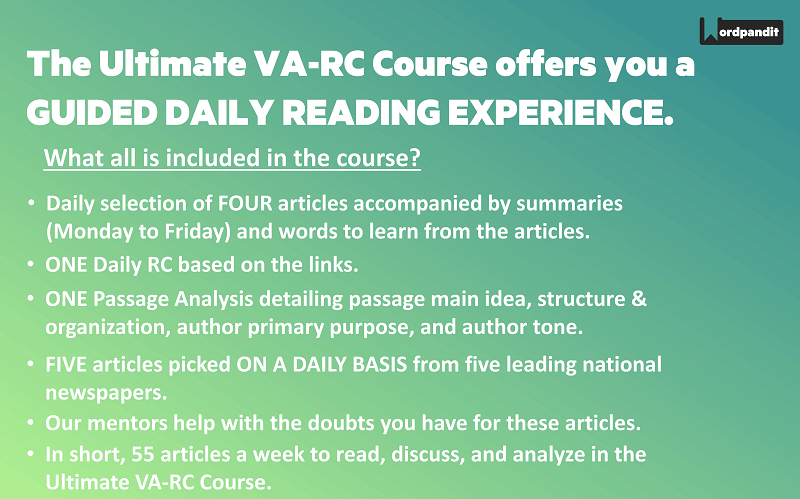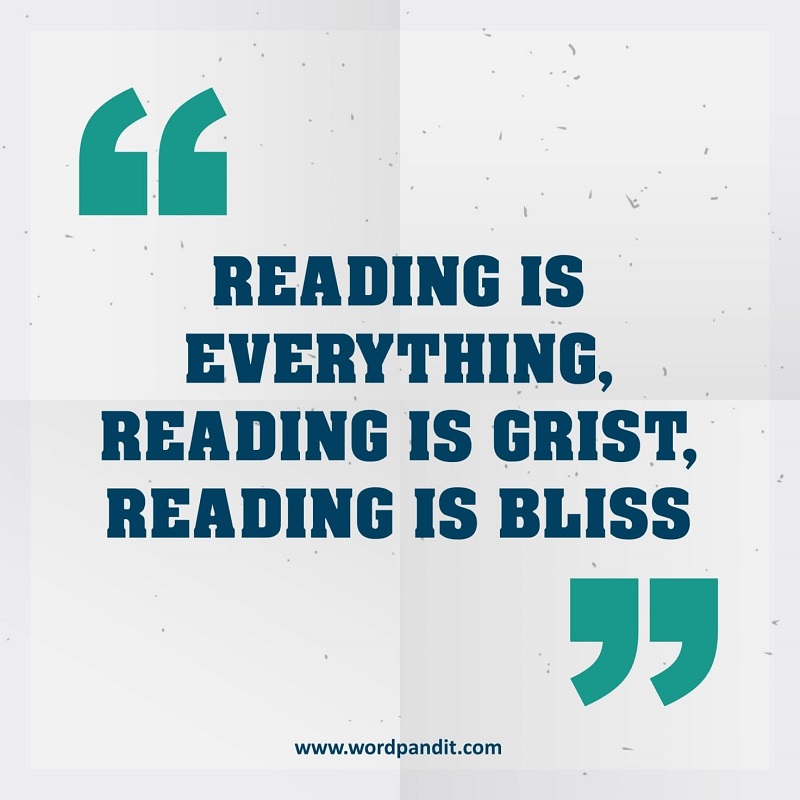Article Title: Why does it feel good to see someone fail?
Article Summary
In this review, the author offers unique insights into the emotion of Schadenfreude – which literally means “harm-joy” in German; a pleasure people derive from the misfortune of others.
Psychologists have long struggled to arrive on an agreed-upon definition of Schadenfreude due to its complexity and its arousal in a wide variety of situations. Schadenfreude is multi-faceted and its development can be traced to multiple origins such as envy, sense of inequity or Intergroup dynamics. But the author suggests that Schadenfreude’s development has its roots in the basic instinct to subtly dehumanize another person, especially if the other person is guilty of any wrong-doing. This tendency according to psychologists is often prevalent in groups wherein members of-ten view their own group in more human terms, and – in subtle ways – can deny the full humanity of those outside of their group. However, the author also believes that the more empathy some-one feels toward another person, the less likely they are to experience schadenfreude when that person suffers. The author concludes by hoping for scientific scrutiny of his suggestions so it could present a greater understanding of Schadenfreude.
Article Link: Click here to read the full article
Words to learn from this Article:
Hypothesis: a supposition or proposed explanation made on the basis of limited evidence as a starting point for further investigation.
Protagonist: the leading character or one of the major characters in a play, film, novel, etc.
Jettison: throw or drop (something) from an aircraft or ship
Primed: prepare (someone) for a situation, typically by supplying them with relevant information.
Ingrained: firmly fixed or established; difficult to change
Explore More: Previous 3 Daily Reads Articles
Reading Motivation
- Your target this week: Make it your best ‘reading week’, means the best possible reading effort this week.
- Expand your learning and your capacity to learn: by reading more and more. The more you read, the more you learn; the more you learn, the more you read.















